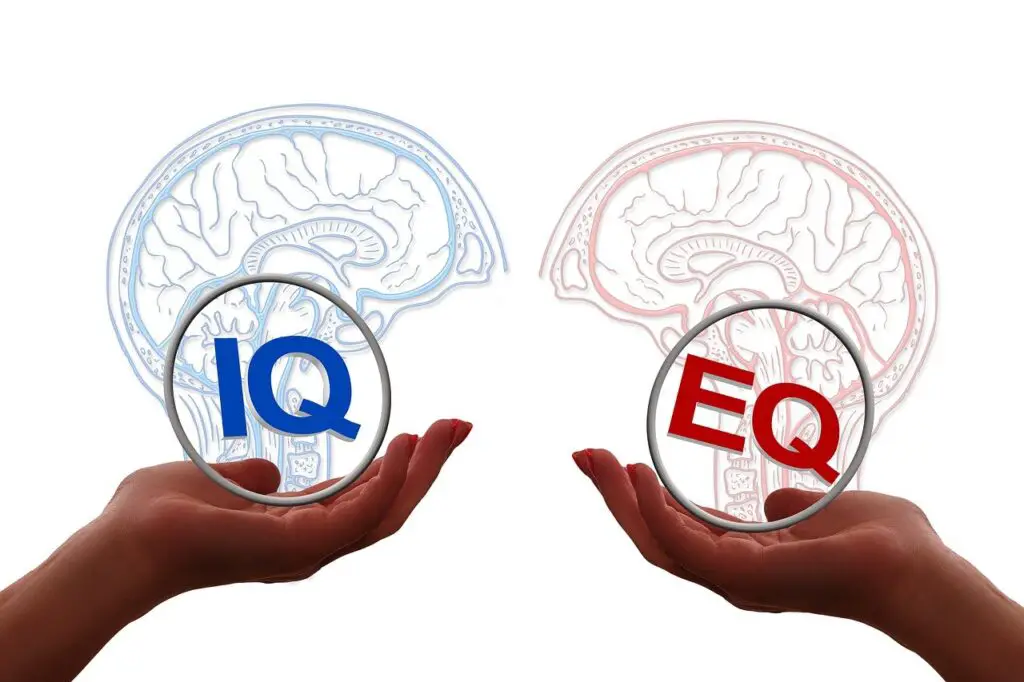Outline
Preface
Emotional Intelligence
Components of Emotional Intelligence
Emotional Intelligence and Mental Health
Emotional Intelligence and Physical Health
Emotional Intelligence in Relationships
Developing Emotional Intelligence
Conclusion
Article
Preface
Hello friends! Here is my new article and in it I am going to explain a few ingredients to live a healthy and admirable life style.
Your life style is a combination of lots of traits and a balanced quantity of each of those traits guarantee you a healthy lifestyle.
Emotional Intelligence
In the pursuit of healthy living, much focus is often laid upon physical health and fitness. While these are undoubtedly major ones, emotional intelligence plays an equally important role, which is generally medically undermined. Emotional intelligence refers to being able to monitor and distinguish feelings from within self and others, which gives major contributions in one’s well-being. Through the practice of emotional intelligence, one is able to attain good mental health, maintain better relationships, and give life a healthier balance and meaning. So, the essay tends to discuss the other dimensions of emotional intelligence and its effects on leading a healthy life.

Components of Emotional Intelligence
Emotional Intelligence primarily consists of five key constituents: self-awareness, self-regulation, motivation, empathy, and social skills.
1. Self-awareness includes recognizing your emotions and the results those cause. It is knowing your strengths, weaknesses, and emotional hot buttons.
2. Self-regulation reflects onto controlling and governing your emotional response. It includes skills related to impulse control, adaptability, and self-discipline.
3. Motivation: That is, emotionally moved to act with energy and persistence toward goals; to strive, succeed, and do one’s best; optimism, commitment.
4. Empathy: The ability to understand and share the feelings of others; an important element in building strong interpersonal relationships.
5. Social skills: The art of managing relationships that makes a person able to direct people toward desired directions by means of communication, conflict management, and teamwork.
Emotional Intelligence and Mental Health
Practicing emotional intelligence makes an individual resilient, the level of stress in them reduced and hence a better mental health. Self-awareness aids an individual to recognize and understand one’s emotional state, which is the initial step in being in a position to effectively manage one’s emotions. Since they explain their negative mood, an individual is able to identify the source of the emotion and can seek to resolve such issues before they deteriorate into vices of prolonged stress and anxiety.
Self-regulation helps the individual in bringing down his or her level of stress and prevents emotional overload. Mindfulness, deep breathing, and positive reframing are some of the techniques that help a person maintain emotional balance. Lowering impulses and remaining calm during pressure, the individual can survive life challenges very effectually thus maintaining stability and peacefulness in the mind.
Emotional intelligence nourishes motivation that generates a positive approach towards life. Having goals and achieving them infuses one with direction and accomplishment, which in turn instills an individual with high self-esteem and keeps them away from feelings of helplessness and depression. Besides this, emotionally intelligent people are more likely to take failures with non-oppressive but optimistic thinking and look at failures as opportunities for further growth rather than unsurmountable problems.
Empathy cultivates good mental health through the building of meaningful relationships with other people. When one understands and can share the feelings of others, feelings of isolation and loneliness become reduced, thereby reducing major risk factors associated with mental health disorders. As a matter of fact, strong, supportive relationships built on the basis of emotional connections provide a network of emotional support important in maintaining mental health.

Emotional Intelligence and Physical Health
There is a good connection between the mind and body; emotional intelligence, therefore, plays a very vital role in physical health. A high level of stress and negative emotions may result in physical health problems such as hypertension, heart disease, and weakened immune system. The management of emotions effectively can help an individual reduce the physical toll of stress on the body.
Other self-regulation skills, including mindfulness and relaxation activities, are healthy for mental health and have specific effects on physical health. Their use could obviously reduce blood pressure, improve sleeping quality, and reduce chronic pain. Motivated people are more involved in healthy activities: going to the gym, eating healthy, and avoiding unhealthy ones such as smoking or excessive drinking.
Empathy and social skills contribute to physical health through the promotion of social relationships, which have been associated with longevity and general health. Supportive relationships provide a person with emotional and practical support, which may motivate the person to lead a healthier lifestyle and follow medical advice.
Emotional Intelligence in Relationships
Just like emotional intelligence, healthy relationships are the fertile ground upon which a healthy lifestyle can be cultivated. Knowing well one’s feelings and being able to manage and regulate them are a crucial perquisite in building and maintaining sound relationships. When individuals are quite aware of their feelings and can manage and regulate them well, they are in a fantastic position to communicate more effectively and handle conflicts constructively. Understanding one’s feelings and acting accordingly will help individuals avoid overreaction, which may further deteriorate a conflict.
Empathy is the basis of any trusting relationship and building an understanding between different individuals. Emotionally intelligent people can establish much better relationships by truly comprehending and upholding the perception of others. This will not only help in enhancing personal relationships but also lead to improved professional interaction and teamwork.
For any healthy relationship, social skills are an absolute necessity; for example, skills in communication, listening, and conflict resolution. It helps in certain navigating through social complexities and helps people build supportive networks important for their emotional and physical well-being.

Development of Emotional Intelligence
While there is a part of emotional intelligence that might innately be present, many of the skills in this area can be developed and honed through practice and commitment. Certain ways through which one can improve emotional intelligence include:
1. Regular mindfulness meditation contributes to increased self-awareness and self-regulation; therefore, training people to observe their thoughts and emotions in a non-judicial way increases understanding about emotional patterns.
2. The regular approach to self-reflection through journaling or contemplation helps in identifying the triggers and responses of emotions. This is the first step toward effective management of one’s emotions.
3. Active listening to others in conversations helps to develop empathetic and social skills. When one is present with the speaker, it becomes easier to understand and apply the emotions of others successfully.
4. Manage stress through the use of techniques that teach control over one’s emotions, such as deep breathing, progressive muscle relaxation, and visualization, in order to remain composed during stressful situations.
5. Other measures, like cognitive restructuring-thought changes, especially negative ones-and emotion labeling, may also facilitate development in self-regulation.
6. Setting and pursuing meaningful goals can enhance motivation and provide direction and purpose in life.
Conclusion
Incorporating the practice of emotional intelligence into daily life is a powerful strategy for achieving a healthy lifestyle. Emotional intelligence is not a fixed trait but a set of skills that can be cultivated and improved over time. With commitment and practice, anyone can harness the power of emotional intelligence to create a healthier, happier life.






